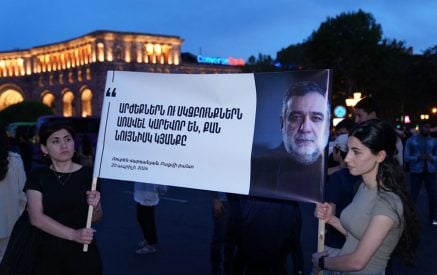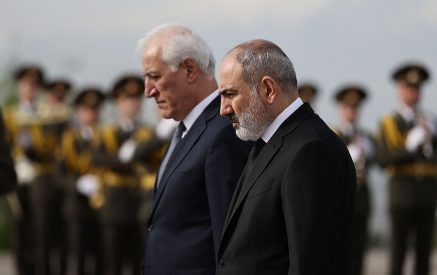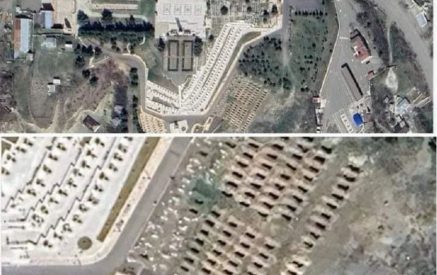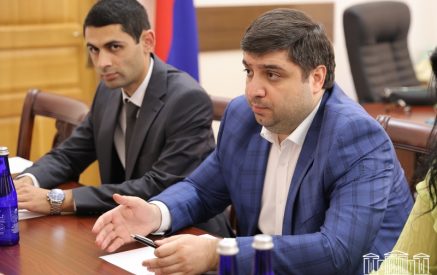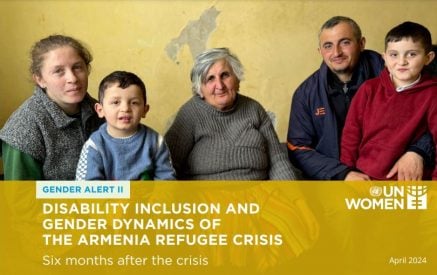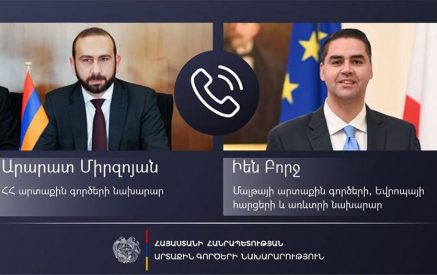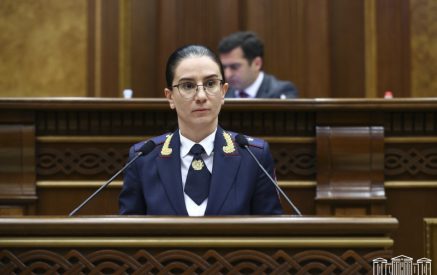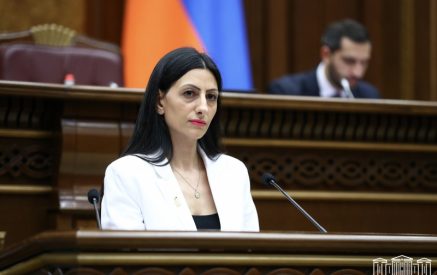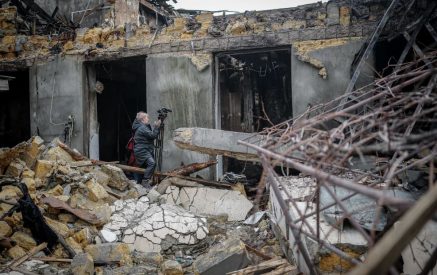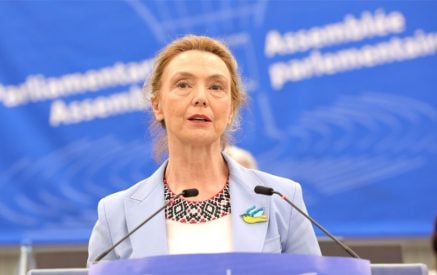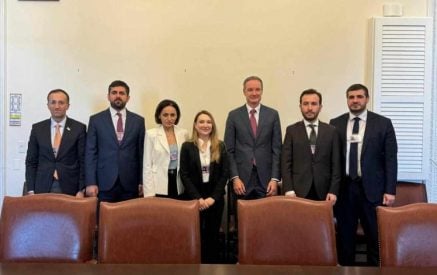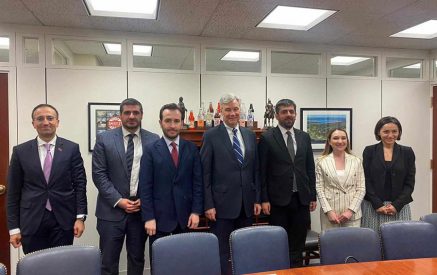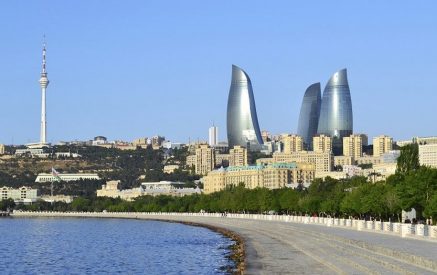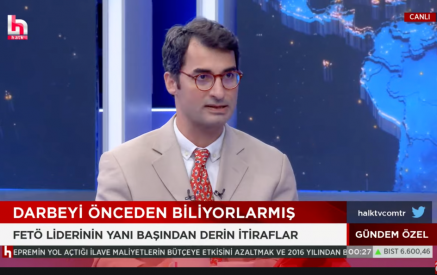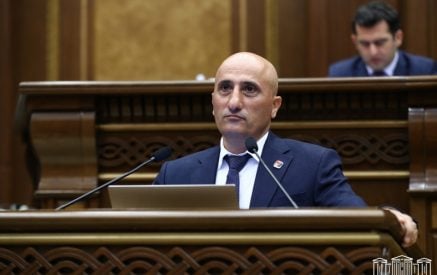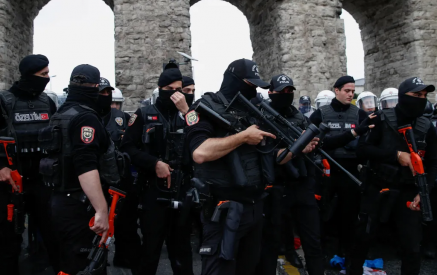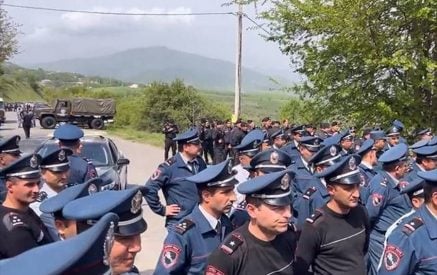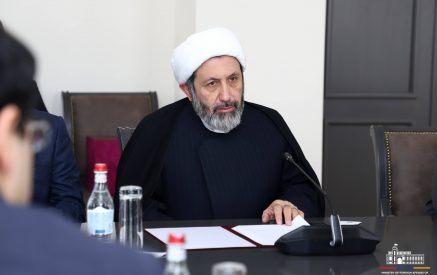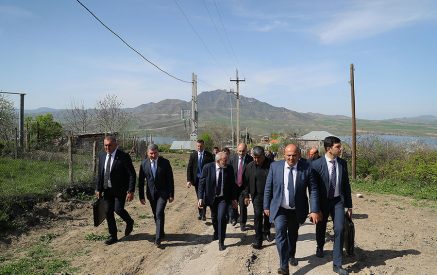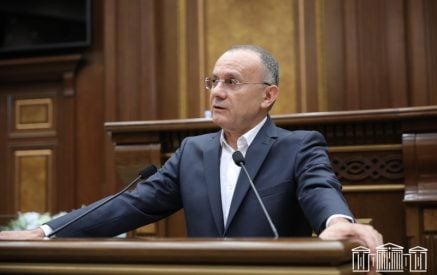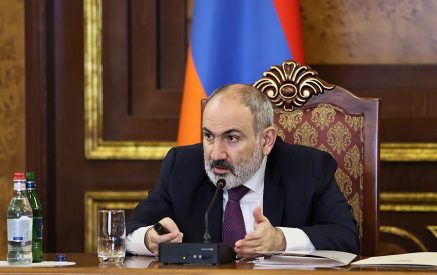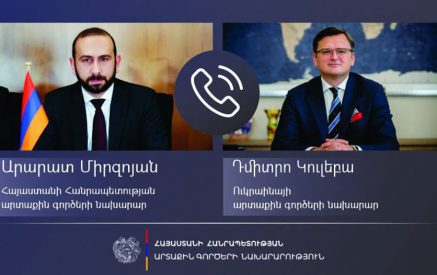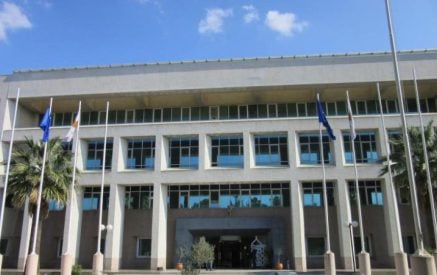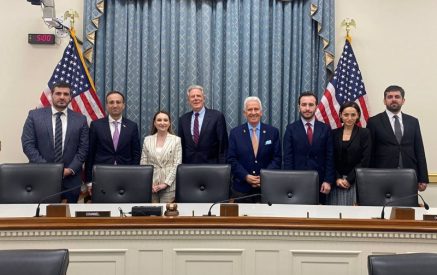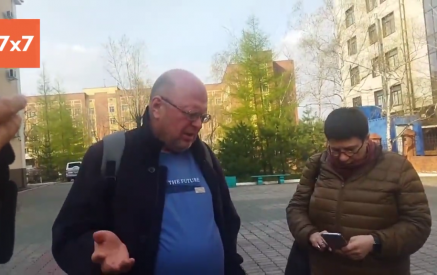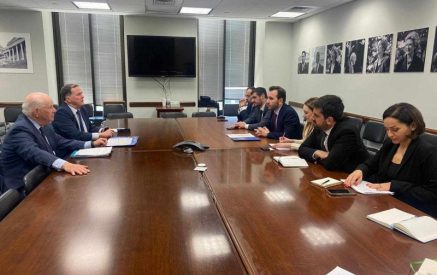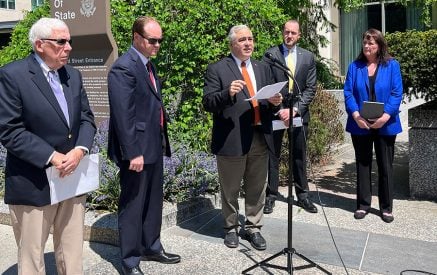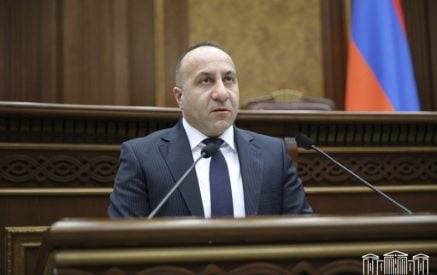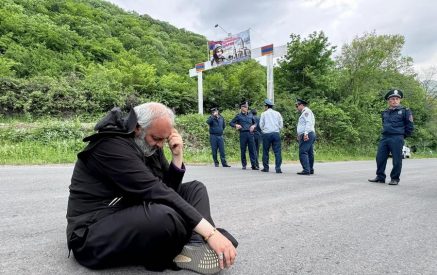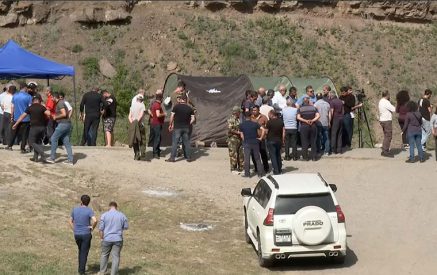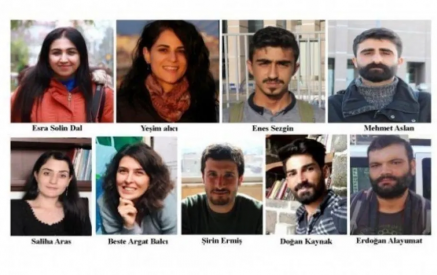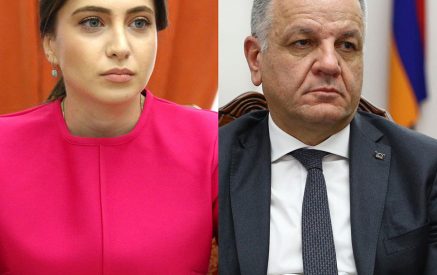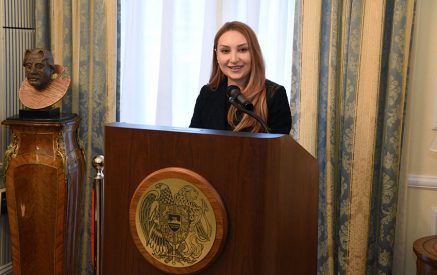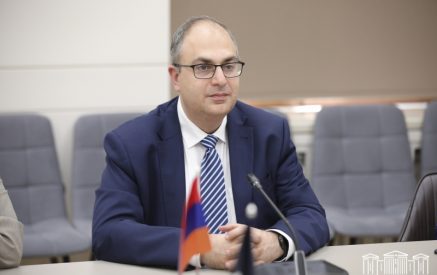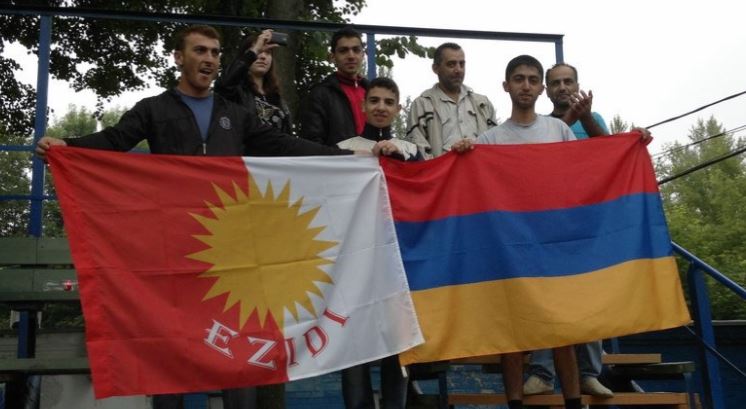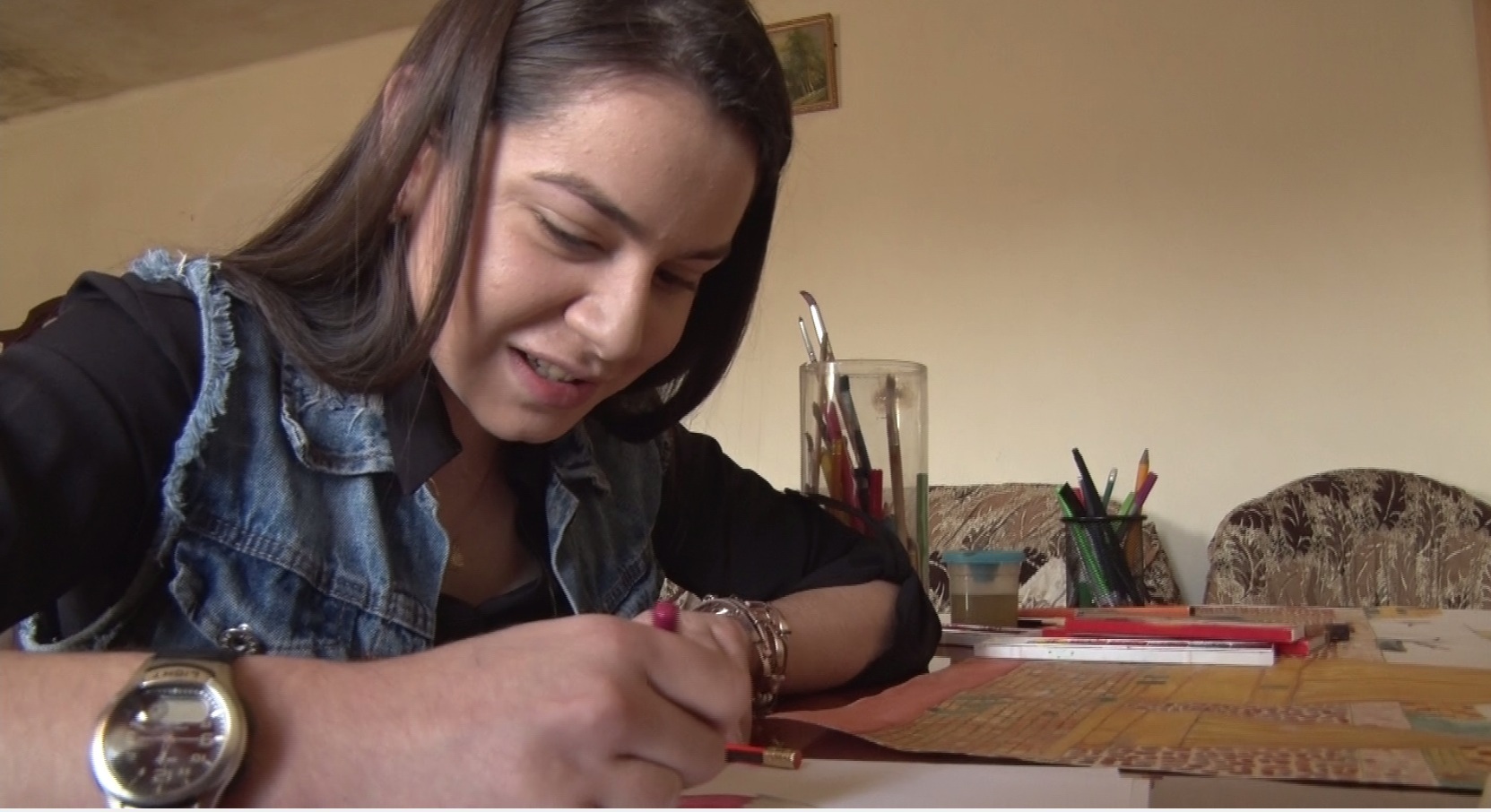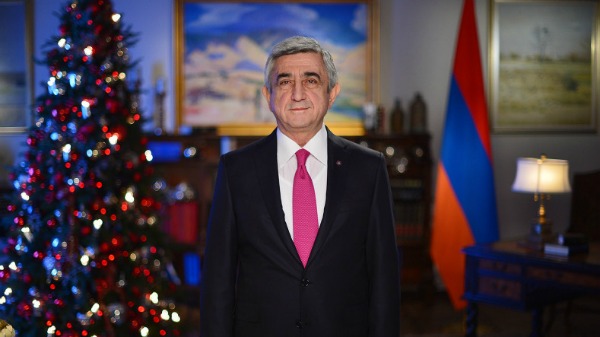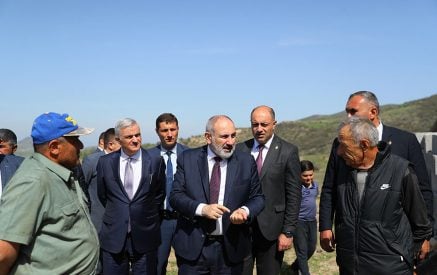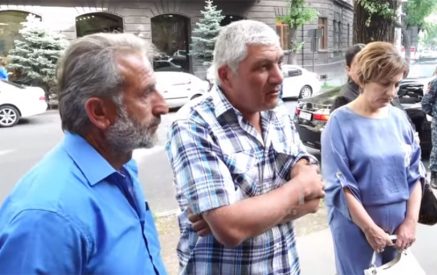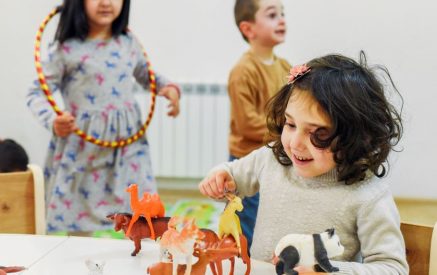Strasbourg, 13.02.2023 – Armenian society is characterised by a climate of tolerance and mutual understanding, and there is good provision of public TV and radio programming in minority languages and about national minorities. Despite this, national minorities’ rights, cultures and identities are not sufficiently promoted; legislative progress has been limited and amendments restricting freedom of expression are concerning. The authorities should also step up their efforts to improve the stark situation of Yezidi girls in terms of early and forced marriages and disproportionally high school drop-out rates. These are among key observations and recommendations of the new opinion published today by the Advisory Committee on the Council of Europe Framework Convention for the Protection of National Minorities. A summary of the Fifth Opinion is also available in Armenian.
In the Republic of Armenia national minorities are Assyrians, Belarusians, Georgians, Germans, Greeks, Jews, Kurds, Poles, Russians, Ukrainians and Yezidis.
Over the past five years, the COVID-19 pandemic and the outbreak of hostilities in the Nagorno-Karabakh conflict in 2020 have contributed to a certain stasis in the field of national minority protection.
Notably, since 2020 when martial law was declared, a number of legislative amendments restricting the right to freedom of expression were introduced. In this context, criminal proceedings against the Head of the Yezidi Centre for Human Rights, initiated in October 2021, are alarming in terms of their cumulative chilling effect on freedom of expression for persons belonging to national minorities and civil society. Urgent action is needed to remedy the situation, the Committee says.
Read also
The Advisory Committee is also alarmed that too little effort is going into resolving problems facing the Yezidi minority on the part of the authorities, and that there is a tendency to view such problems as social or cultural norms which cannot be addressed by the state. High drop-out rates among Yezidis, and especially the gender imbalance with girls dropping out more than boys, are of concern. In addition, given among other factors the deficiencies of the transport infrastructure in rural municipalities, the risk and fear of being kidnapped when travelling to school increases the drop-out rates of Yezidi girls.
Early and forced marriage of Yezidi girls continues to be a concern in Armenia, and Yezidi minority representatives themselves brought this issue to the attention of the Advisory Committee, which is praiseworthy. At the same time, more needs to be done by the authorities to tackle the problem, the Committee concludes. The Advisory Committee urges the authorities to collect data on gender-based violence against women and children belonging to national minorities, including early and forced marriages, and develop comprehensive policies which address the underlying social, economic and cultural drivers of early and forced marriages.
There is a good level of financial support for national minority cultural events and publications, and a satisfactory amount of programming in minority languages on public radio and television. However, a stereotypical or folkloristic image of minorities is hampering genuine intercultural dialogue, inclusion and political participation. Numerically smaller national minorities face the risk of assimilation in the future, due to a lack of support for their cultures and languages. There is very little information about national minorities in school curricula, with the only possibility for intercultural education through attending classes together with minorities. The Advisory Committee urges the authorities to ensure that information about the culture, traditions, history, religion and language of national minorities and their contribution to society is included in school curricula. This could also help decrease the school drop-out rates. The education offer for national minorities, including adequately trained teachers and sufficient minority language materials, should also be extended and improved.
There is no comprehensive legislation on national minorities in Armenia. In 2016 the Draft Law on National Minorities was elaborated but not adopted. The Committee regrets the stalled process and urges the authorities to revise the Draft Law on National Minorities and ensure that all those concerned have been effectively consulted on its substance. On that basis the authorities should continue with the process of adoption of the Law, the Committee says.
The Council of National Minorities continues to be the vehicle through which national minority representatives have an official dialogue with the authorities. The requirements to join this Council may be exclusionary to any minorities claiming recognition more recently, and the Committee calls for a more flexible approach to membership. Furthermore, a lack of consultation on administrative and territorial reform is concerning. The Advisory Committee considers that effective consultation with national minorities is essential when such decisions are taken.
The Fifth Opinion of the Advisory Committee on the Framework Convention for the Protection of National Minorities is based on the information provided by governmental and non-governmental sources, including that obtained during its visit to Armenia in February 2022.
The Opinion has been published together with the comments from the authorities.

